Forum Replies Created
-
AuthorReplies
-
I never really understood why, but I love that movie. Excited to have another Q&A, I remember the last one was great.
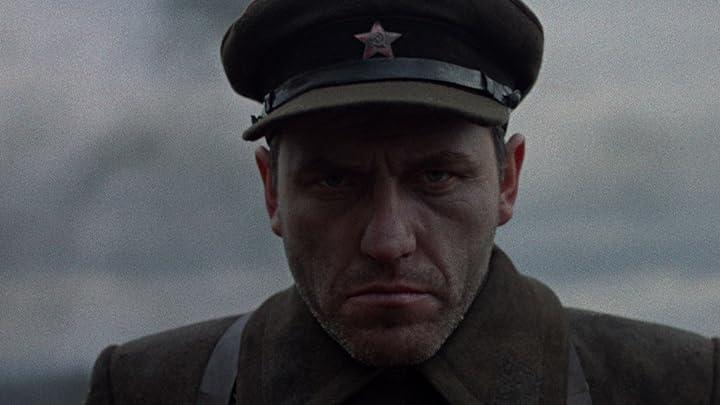
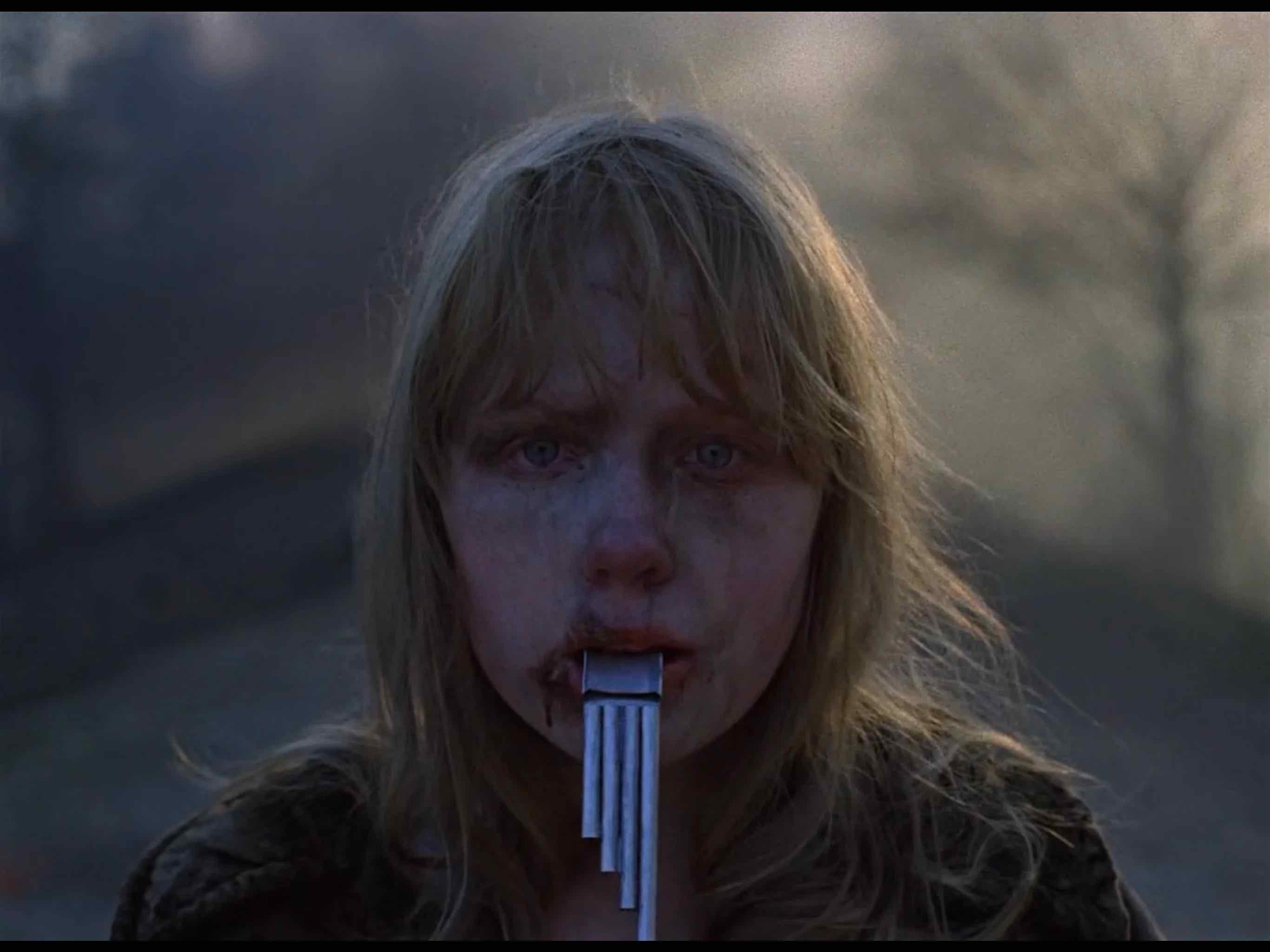
I’m not entirely sure but maybe some of Roger Deakins’ films have one or two decent shots in it 😉
Other than that, ‘Come and See’ comes to mind, mostly (all?) natural light but rarely do films create such power with faces.
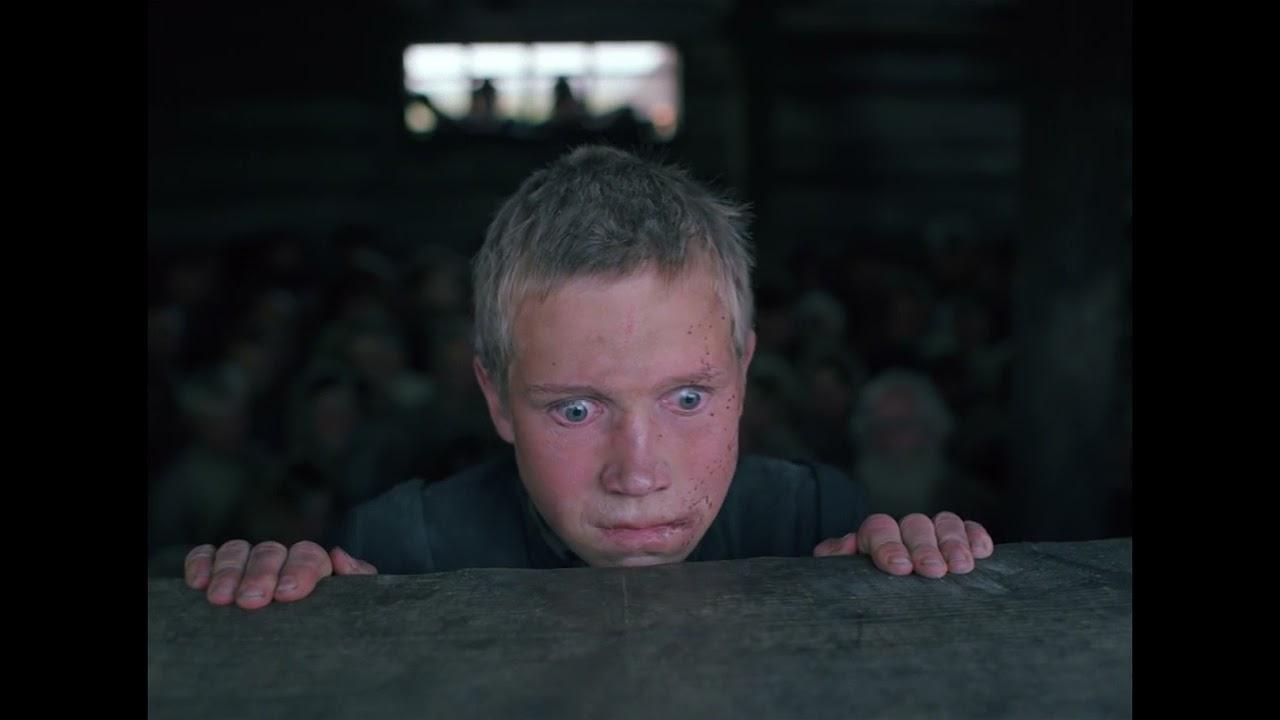
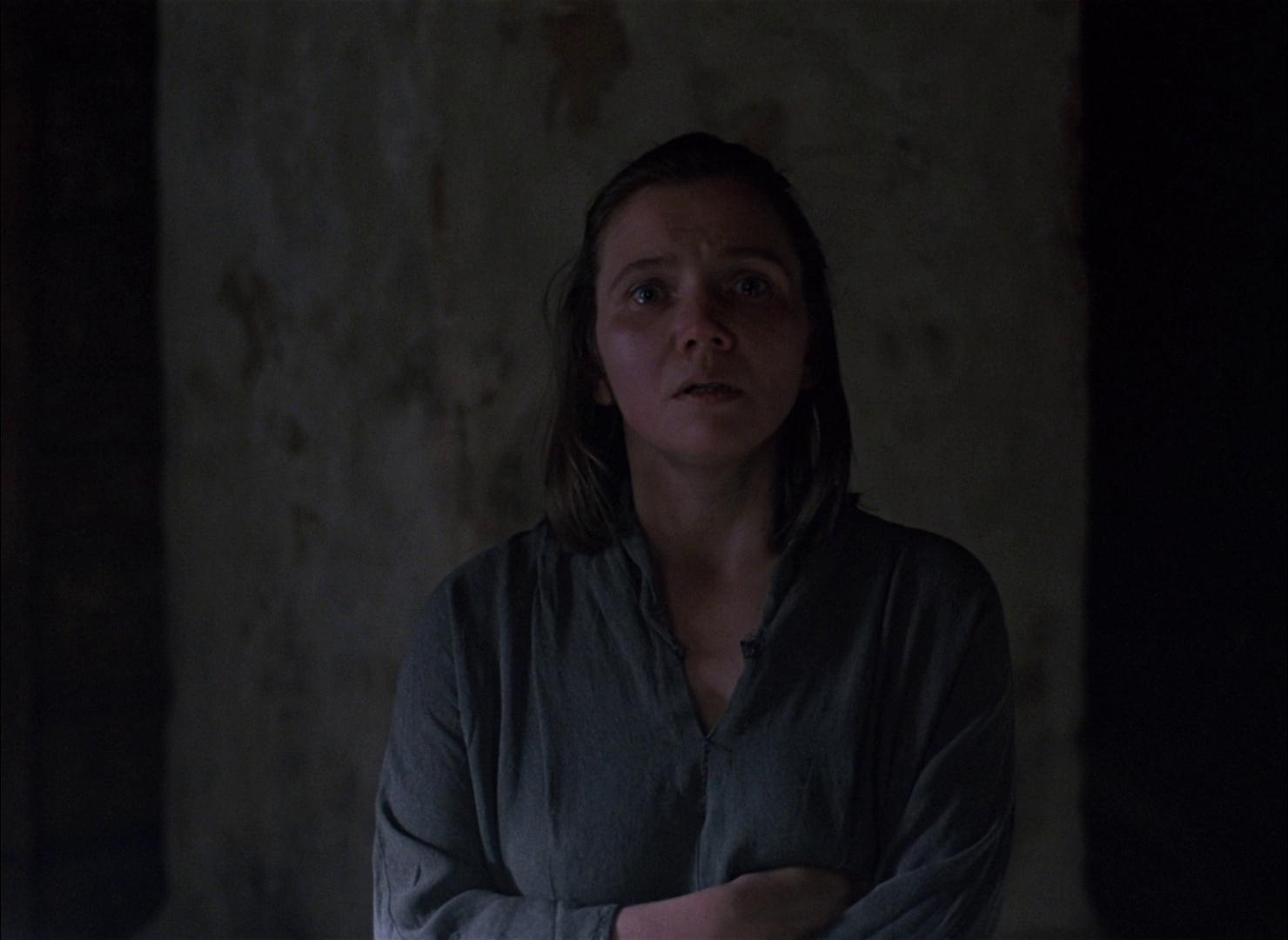
I’d say replacing the green with the BG image without affecting the transparent curtain itself will be difficult. If you have someone in post who is 100% confident that it can be done it might be worth a try, otherwise it might end up costing more to fix it in post.
Happy New Year!
Roger’s reply should seal the deal but I want to add that it will also most likely lead to issues in other colors. It would work well with a shot like the second reference picture. But once mixed lighting and skin tones ect come in, things will get messy. Power windows, parallel nodes ect will get thrown at it in timing in order to fix things.
You already have a clear idea of the colors, no need to work around it and end up with a fake feeling version of the references you posted.
Merry Christmas!
But weren’t those still s35 sensors? The past few years there emerged lots of full frame / 135 sensor cameras (and more fast lens options too). I definitely noticed a trend in very shallow DoF, especially in TV shows, where you’d sometimes even see wide shots with fore-/background separation.
No single technique is better or worse than another, it all depends on whether it is wielded by an artist or not — and Greig Fraser is an artist, he’s proven that on many productions.
Fraser is an artist but I don’t have to admire all of his work, and this one is too computational for me. The new tool of gaming engines being used to create worlds around the stage bares the danger of feeling like a computer game and it happened to me in The Batman too often, although I wasn’t aware of how it was shot when watching.
I also had the feeling the visuals tried to deflect me from an ultimately shallow story and endless plot holes 🙂
That scene from The Batman threw me out of the movie (and into a computer game) the most from the many scenes that were filmed in The Volume. Visually stunning but just didn’t work for me, felt too perfectly computational, too often.
The best (worst) example for shallow DoF galore I can think of is Zack Snyder’s Netflix film “Army of the Dead”, where he paired the large sensor of a RED Monstro with vintage Canon 50mm f0.95 and 35mm f1.5 lenses and shot everything wide open.
The film is as shallow as the DoF he filmed it in. I had to fast forward after 30 minutes and eventually stop. Even though making ok use of it, I think it is still exemplary for random use of very shallow DoF in modern productions.
I would say this is changing drastically though. We are seeing new, affordable lenses enter the market every year from mostly Chinese manufacturers, and these lenses get better and better every year, too. Spherical or anamorphic, photography or videography/cinema lenses. They started with terrible quality a few years back but have improved vastly at a high pace – similar to what we see in LED film lighting.
E.g. today you can get decent performing anamorphic lenses for 10 times less than equivalent lenses cost just 5-10 years ago, with quality differences being diminished with every iteration.
I would expect lenses in general to become noticeably more affordable in the future. I know lenses are a hot (often emotionally and sometimes even esoterically loaded) topic and many cinematographers disagree 🙂
You may check their YouTube channel, they talked about it frequently.
Congratulations Roger, that shot is entering the territory of Ozu’s famous vase shot in ‘Late Spring’, which people try to understand until today, haha.
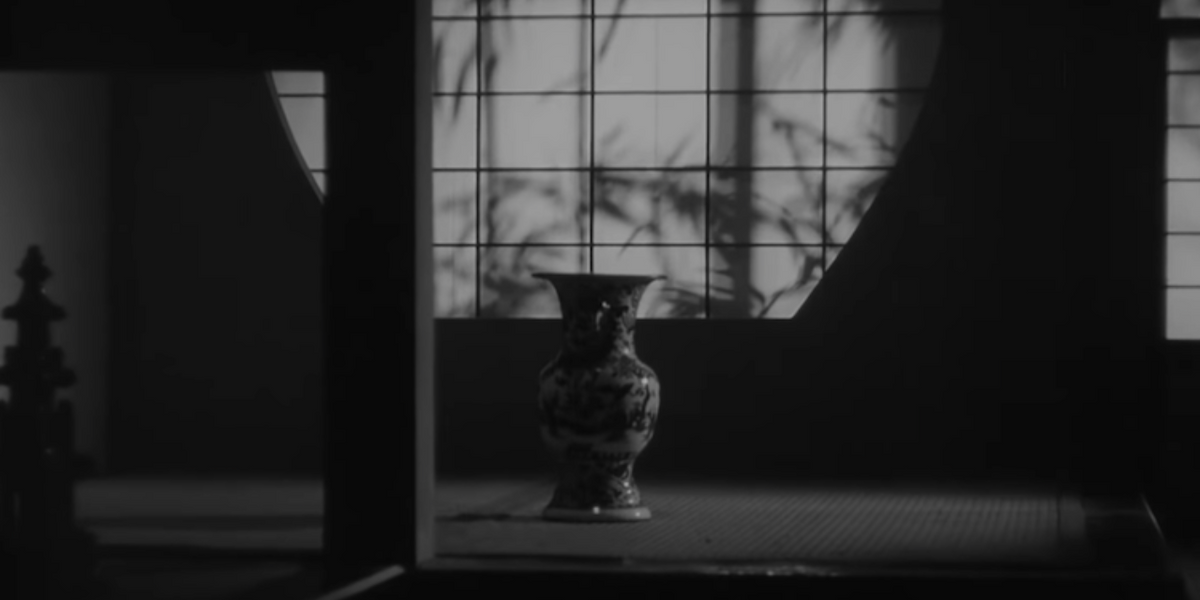
They did, thanks!
Just curious, when was the last time you used a zoom-in?
Take this with a grain of salt, as I never looked into it deeper, but as far as I know a camera needs the exact distortion data from a lens to perform it correctly. If a lens is not supported, correction will yield false results. Panasonic’s cheaper photography lenses for instance are much worse when not corrected in camera, usually by a Panasonic camera.
-
AuthorReplies
